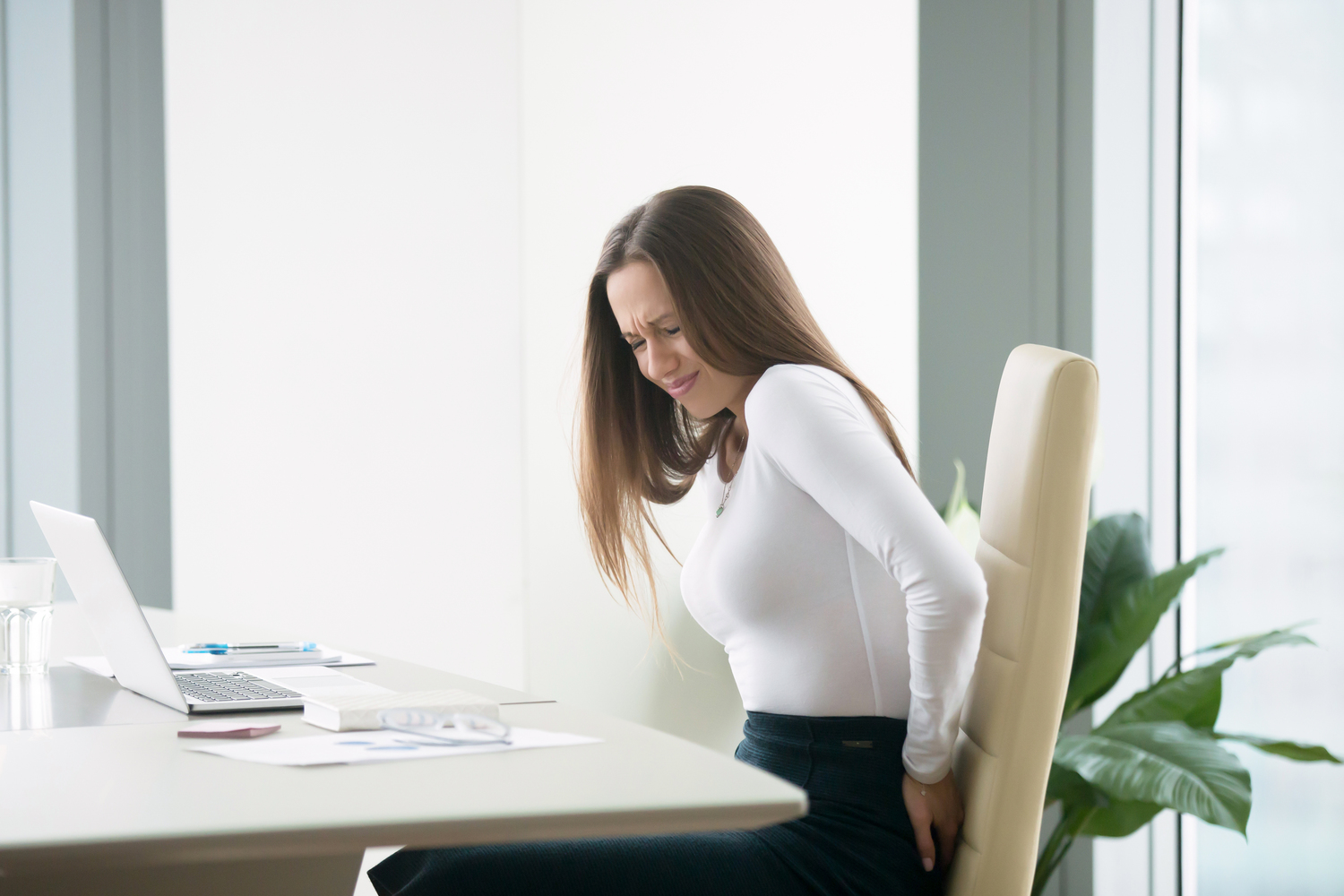All You Need To Know About External Hemorrhoids
All you need to know about external hemorrhoids
External hemorrhoids usually affect the outside of the anus. They cause pain and also result in itchiness. They can be quite uncomfortable, but home remedies are usually more than enough to address the issue. They are caused due to straining, that is, when one pushes too hard while defecating or when they find it difficult to pass stool or stay on the toilet for far too long.

What are the risk factors and causes when it comes to external hemorrhoids?
There are several causes and risk factors that may lead to external hemorrhoids.
- Sitting for too long on the toilet, a low-fiber diet, pregnancy, and picking up heavy objects or lifting weights.
- Some other risk factors that could contribute to external hemorrhoids are obesity or standing for long periods of time. One is advised to consult a doctor for the treatment of external hemorrhoids.
- Experts suggest that even ascites, which is a buildup of fluids, could lead to external hemorrhoids. The buildup of fluid places pressure on the stomach as well as the intestines.
How can one know if they have external hemorrhoids, and what is the diagnosis procedure?
- As soon as one starts exhibiting the early symptoms, which is blood in stool or blood clots, they are advised to visit a doctor and clear all doubts. The doctor is expected to perform a full physical examination to check for external hemorrhoids and recommend the best treatment method for it, if diagnosed.
- The doctor may visually inspect the anus or perform a digital examination, wherein a gloved finger is inserted inside the anus after adequate lubrication to check for any unusual growths.
- It is important to note that the bleeding may be due to some other reason as well, like anal cancer, anal fissures, or colorectal cancer, so one must rule out all of these before being diagnosed for hemorrhoids.
What are the surgical removal options when it comes to external hemorrhoids treatment?
- Surgery is quite helpful if the thrombosed hemorrhoid is causing a lot of pain. Experts opine that this may provide immediate pain relief.
- The surgery can be performed using local anesthesia and is very effective if done within 72 hours of the progress of the symptoms.
- Surgery may not be necessary after 72 hours as the symptoms usually go away or subside on their own, and the surgical removal option is essentially to relieve pain.
If one is pregnant, what kind of treatment can they expect?
- Pregnant women may use a variety of home remedies to effectively treat the external hemorrhoid, like taking warm baths and applying ice-packs gently. This is safe and will not pose a threat to the woman or baby.
- Women who are pregnant should consult a doctor before using any topical ointments or creams around the affected area.
- In order to ease the pain, pregnant women should check with their doctors about any alternative remedies that are safe for the child and mother.
What are some of the prevention methods to avoid this problem in the future?
- The best way to completely avoid external hemorrhoids is to avoid constipation by eating food rich in fiber. Constipation aids in the formation of hard and dry stools that are difficult to pass.
- Engaging in any sport or physical activity that one may find interesting can help with satisfactory bowel movement.
- Besides diet and drinking plenty of water, patients are advised to try to reduce the time spent in the toilet and not to delay when they feel the urge to use the bathroom.
One is advised to speak to their doctor about all external hemorrhoids treatment options and get a clearer idea of their problem.